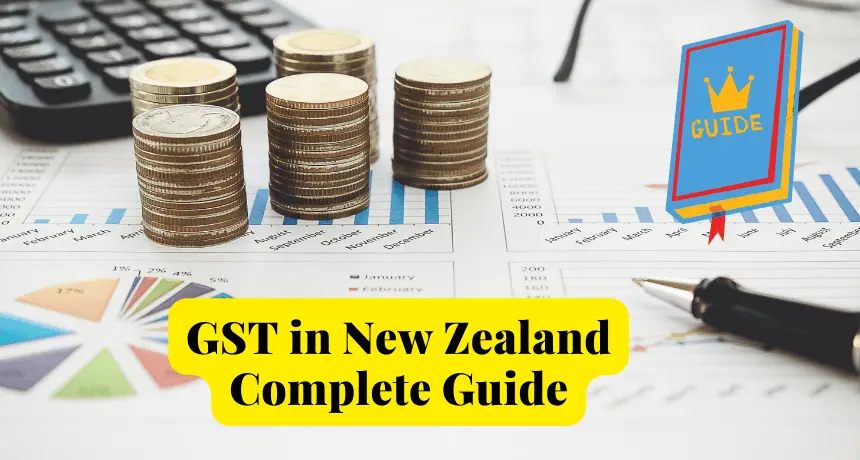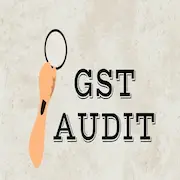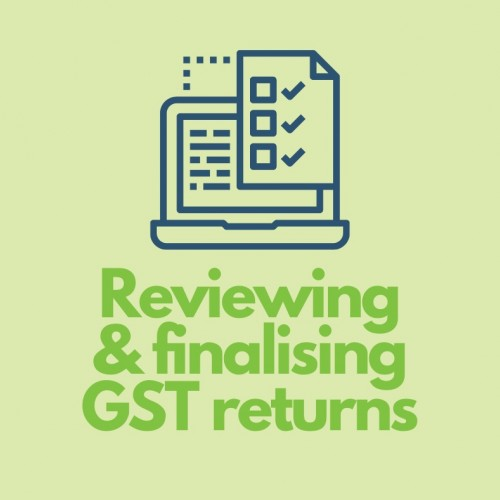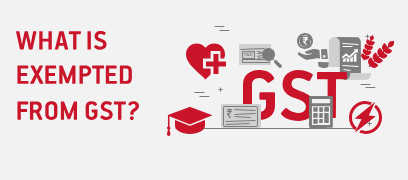The Goods and Services Tax (GST) in New Zealand is a tax set at a 15% rate by the government of New Zealand. Any business or individual engaged in a taxable activity i.e., selling and buying of goods and services is liable for it. Any person or business earning $60,000 and above annually must register for GST with the Department of Inland Revenue.
The registration and filling processes are fairly simple but GST in New Zealand requires proper documentation and invoices and must be filed on the due date. New Zealand GST laws and collection are under the Inland Revenue Department (IRD) which has clear guidelines regarding GST registration and filling process.
To learn more about whether you are eligible to register for GST, and how to register for GST in New Zealand, read the following detailed guide.
If you are looking for an online Calculator to Calculate your Gst then try GST Calculator.

New Zealand GST at a Quick Glance
- Businesses must be registered by law to pay GST
- At Inland Revenue Department (IRD)
GST Registration in New Zealand: A Complete Guide
Here is your complete guide to GST registration in New Zealand read and learn more about it.
Who should register for GST in New Zealand
GST is applied to all goods and services provided or any taxable activity.
If the per annum income in the last twelve months was $60,000 or above or is expected to be $60,000 or above in the next 12 months, then it is a must to register for GST. In addition, if a business collects GST from customers or sales include GST in products and services, then the business is required to pay GST, even if the income per annum is less than $60,000.
The 12-month period is not specified i.e., January to December or the fiscal year of April to March, whenever you meet this condition of $60,000 turnover, then it is judicious to register for GST. Anyone with less than $60,000 per annum income is not required to register but they can do so voluntarily.
Eligibility
Exemption
How to Register for GST in New Zealand
The mandate to collect and oversee GST-related matters falls under the Inland Revenue Department (IRD) and you must register for GST at their website. You need the following information to register online:
Once you register online at the IRD website, you get a GST number or IRD number that can be used to manage GST filing and returns in the future.
While you register, you must decide the filling frequency i.e., when and how often will you file GST returns, and accounting basis i.e., on what basis will you submit your GST, this could be invoices, payment, or a mix of both.
When to pay GST in New Zealand: Filling Frequency
While you register for GST, you have the option to select how frequently you would like to file GST returns. This depends mostly on annual turnover and there are three options to choose from:
Generally, large businesses with huge annual income and profits can either file GST returns on a monthly basis or two monthly basis. This frequency is useful as it helps the business manage files and payments rather easily. If the business is small with no huge turnover, a six-monthly GST return is more suitable, which means filing and paying GST twice a year.
No matter which frequency you select, make sure you have proper invoices and documents to file GST.
| Register for GST with | GST Filing Frequency | Accounting Basis |
|---|---|---|
| IRD number or GST number | Monthly | Payments |
| business industry classification Code | Two Monthly | Invoices |
| Six Monthly | Hybrid |
Requirements for GST Registration: Accounting Basis
To properly file GST returns and pay the GST, businesses need to know about accounting basis. The accounting basis is a framework to figure out which activities should be included in the GST filing period.
There are three ways to file a GST in a filling period:
IF you have selected to file GST returns every two months you need to select if you will make GST payment and file forms based on the invoices you have or the payment you have received. Because often payment date and invoice date differ, it must be clarified if in filing GST you are including a taxable activity based on invoice or payment or both.
Why you should register for GST in New Zealand
A registered business in New Zealand not only pays GST but can charge and claim GST. Therefore, there are benefits to registering for GST. One of the benefits is that when the GST amount exceeds the income, then you can get a refund which helps to get money to keep the business afloat.
Moreover, a registered business can appear more professional and credible which can benefit your business in the long run. As a credible business, therefore, you need to follow the GST procedures and comply with all the rules. At times, it also requires you to take into account GST in your budgeting so you have your financing in order.
Please watch this informative video that the Inland Revenue Department has provided to explain requirements and procedures for New Zealand businesses and individuals.






